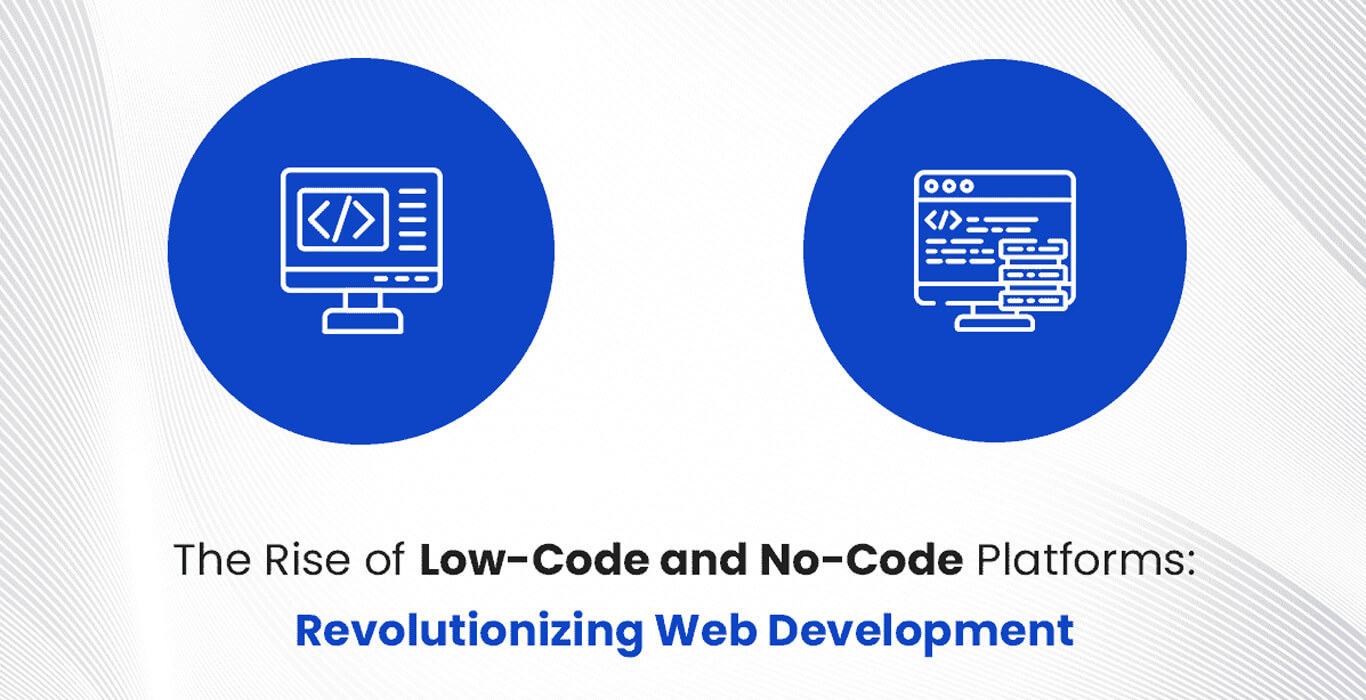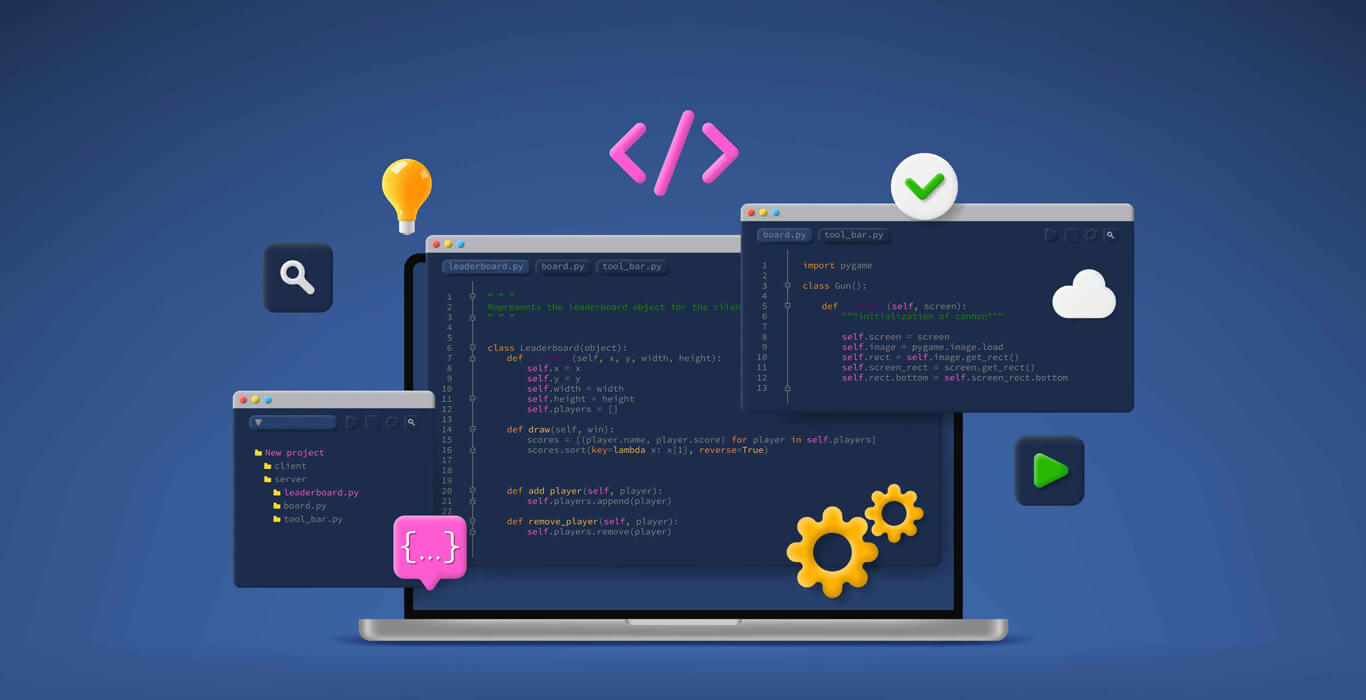Welcome to the world where code meets creativity, and digital experiences come to life, that’s right, we are talking about the world of web development. As technology continues to evolve, the arsenal of web development tools will be more powerful and diverse than ever before. These tools, ranging from code editors to collaboration platforms, play a crucial role in shaping the online landscape we navigate daily.

What is the need for Web Development Tools?
Imagine a carpenter without a set of reliable tools, similarly, a web developer without the right tools is wasting time and energy on tasks that take less time to execute. These tools streamline workflows, enhance collaboration, and ensure the creation of robust and user-friendly websites and applications. In the dynamic web development landscape, tools have emerged to cater to various aspects, from code editing and debugging to design prototyping and collaboration.
Marvel, a web-based collaborative design platform, stands out for its wireframing and prototyping capabilities. It streamlines the design process, supports developer handoff by generating code, and facilitates user testing. On the other hand, Syntactically Awesome Style Sheets (Sass) is a popular preprocessor for the CSS framework, adding a logical syntax and simplifying website design.
The Consequences of Neglect:
Neglecting web development tools is like setting sail without a compass. GitHub, a web-based platform for version control using Git, ensures collaborative development and code sharing. Without it, the seas of collaborative coding become turbulent, and prone to errors and missteps. The absence of efficient version control systems leads to codebase chaos, making debugging an arduous journey.
What are the three main technologies involved in web development?
Web development revolves around three main technologies: HTML, CSS, and JavaScript. HTML provides the structural foundation of a webpage, CSS styles its visual appearance, and JavaScript adds interactivity, making the web dynamic and engaging. These three pillars form the backbone of every website we interact with.
What is the future of web development Tools?
- Progressive Web Apps (PWAs), Jamstack architecture, and serverless computing are among the recent innovations. PWAs offer a native app-like experience on web browsers, Jamstack introduces decoupling for enhanced performance, and serverless computing allows developers to focus on code without managing servers. These innovations are reshaping the way developers approach web development.
- JavaScript remains a powerhouse in web development, with its versatility and widespread use. Frameworks like React.js, Angular, and Vue.js leverage JavaScript for building interactive and feature-rich web applications. The demand for JavaScript proficiency is consistently high, making it an essential technology for web developers.
- The best tool for web development varies based on needs and preferences. Visual Studio Code (VSCode), a lightweight, open-source code editor by Microsoft, is renowned for its robust features and language support. Sublime Text is another popular choice with its sleek interface and multi-caret editing. Atom, an open-source text editor by GitHub, is known for its ease of use and customization options.
Top 10 Web Development Tools:
1. Visual Studio Code (VSCode): Visual Studio Code consistently tops the list due to its lightweight nature, extensive language support, and a plethora of extensions. It provides a seamless coding experience with features like integrated Git control, syntax highlighting, and IntelliSense. Its versatility, coupled with a user-friendly interface, makes it a go-to choice for developers across various domains.
2. GitHub: GitHub is the epitome of collaborative development and version control. Its web-based platform allows seamless code sharing, issue tracking, and pull requests. GitHub’s integration with Git ensures efficient collaboration, making it an indispensable tool for individual developers and large teams alike.
3. Chrome Developer Tools: Built into the Chrome browser, these tools are a developer’s playground for debugging, analyzing network performance, and inspecting elements. The real-time editing capabilities, combined with device emulation for responsive design testing, make Chrome Developer Tools an essential asset for front-end developers.

4. React: React.js, developed by Facebook, revolutionized front-end development with its virtual DOM and component-based architecture. Its reusability of components significantly accelerates development speed, making it a preferred choice for building interactive and dynamic user interfaces.
5. Vue.js: Vue.js earns its spot for being a progressive JavaScript framework that seamlessly integrates with other projects. Its lightweight nature, reactive data binding, and support for cross-platform applications make it an excellent choice for developers seeking simplicity without compromising functionality.
6. Postman: Postman has evolved into a comprehensive API development and testing platform. Its intuitive interface, collaboration features, and automation capabilities streamline the API development lifecycle. Postman’s ability to create and share detailed API documentation adds an extra layer of value for developers.
7. Docker: Docker’s containerization technology provides a consistent environment for deploying and scaling applications. The portability it offers, combined with the ability to package dependencies, ensures that applications run reliably across different environments. Docker’s impact on streamlining deployment processes and optimizing resource utilization is noteworthy.
8. Marvel: Marvel stands out for its exceptional wireframing and prototyping capabilities. It simplifies the design process with a user-friendly interface, supports developer handoff through code generation, and facilitates user testing. Marvel’s collaborative features make it a valuable asset for designers and developers working together.
9. Visual Studio: Visual Studio is a comprehensive integrated development environment (IDE) that caters to a wide range of development needs. With features like intelligent code completion, debugging tools, and support for various programming languages, Visual Studio is a powerhouse for developers working on diverse projects.
10. Bootstrap: Bootstrap remains a popular choice for front-end developers due to its open-source CSS framework that simplifies responsive web design. Its pre-designed components, responsive grid system, and customization options empower developers to create visually appealing and mobile-friendly websites efficiently.
Each of these tools has earned its place in the top 10 by addressing specific needs in the web development process. Whether it’s code editing, version control, API development, or design prototyping, these tools collectively contribute to a robust and efficient web development workflow.
Conclusion:
Web development tools are not mere accessories; they are the backbone of efficient workflows, collaboration, and the creation of user-friendly digital experiences. Neglecting these tools is like a blind person driving a car, where chaos and errors await. GitHub ensures collaborative coding stays on course, while Visual Studio Code becomes the wind in the sails, propelling developers forward with its lightweight prowess.
The trio of HTML, CSS, and JavaScript remains the bedrock of web development, shaping the structure, style, and interactivity of every webpage we encounter. Looking ahead, innovations like Progressive Web Apps (PWAs), Jamstack architecture, and serverless computing are reshaping the landscape, promising more streamlined and performant web applications.
The top 10 tools mentioned here have earned their stripes, contributing uniquely to the efficiency and creativity of web development. These tools not only enhance our capabilities but also empower us to craft exceptional digital experiences for users around the globe.
If you’re ready to elevate your web development game, consider exploring the services and expertise of IKF. Our team is dedicated to staying at the forefront of web development trends, ensuring that your digital presence reflects the innovation and quality it deserves. Let’s shape the future of the web together!
Explore the possibilities with IKF – A leading Web Development Company in India. Contact us to discover how we can transform your digital vision into reality.

Ashish Dalia is the CEO & Chief Digital Marketing Strategist at I Knowledge Factory Pvt. Ltd.

Ashish Dalia is the CEO & Chief Digital Marketing Strategist at I Knowledge Factory Pvt. Ltd.











